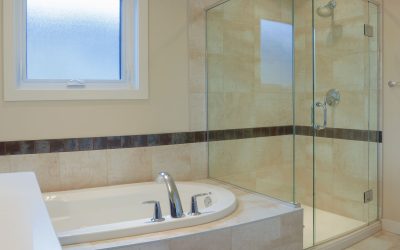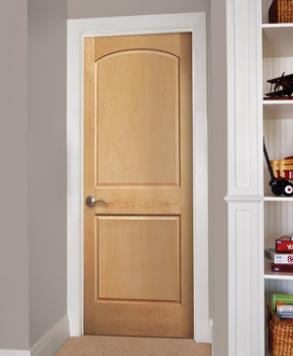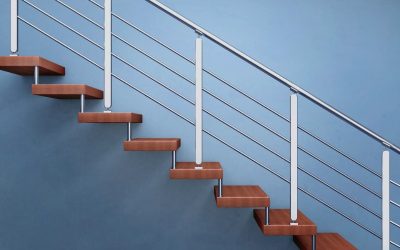Waterproofing is one of the most challenging aspects of construction, but it is also one of the most essential. The use of Water Repellents in Portland OR allows contractors to build using bricks, concrete, wood, and other materials that would otherwise weather rapidly in Portland’s moist environment. Read on to find out about a few options for preventing water damage in the construction industry.
Waterproof Coatings
Waterproof coatings are used primarily in above-grade applications. They can be applied to non-trafficked surfaces, and are available in many different colors. Waterproof coatings used in construction usually fall under one of the following categories: acrylic polymer elastomeric coatings, epoxy coatings, silicone based elastomeric coatings, and cementitious coatings.
Uses for Waterproof Coatings
Most waterproof coatings have limited crack bridging abilities, which makes them unsuitable for surfaces that are cracked or intended for foot traffic. What they’re great for is concrete, wooden, and brick walls, and exterior insulated and finish systems.
Water Repellants
There are also several types of Water Repellents in Portland OR typically used in construction. Applications for water repellants include parking garage decks, balconies, natural stone, and any exposed masonry, wood, or concrete. Unlike waterproof coatings, water repellants hold up acceptably to the added wear of traffic, making them more suitable for horizontal outdoor surfaces.
How to Choose the Right Sealer
There are a few things to consider when deciding what type of waterproof or water repellant coating to apply. These include the material composition of the surface to be treated, the amount of surface preparation required to use a particular product, the expected service life of the building or outdoor area, and aesthetics.
Ask a Professional
The best way to find a waterproof coating or water repellant that will meet all of the site’s unique needs is to ask an industry professional. Some projects are better suited for liquid applied products, while others require rolled products. Some weather-resistive barriers are designed to be vapor permeable, while others are not.
Those who are planning a project that requires a window flashing tie-in systems or other advanced waterproofing solutions should be careful to accommodate for all of the building’s unique needs. Click Here for more information about water repellants and weather-resistive barriers to get started today.


